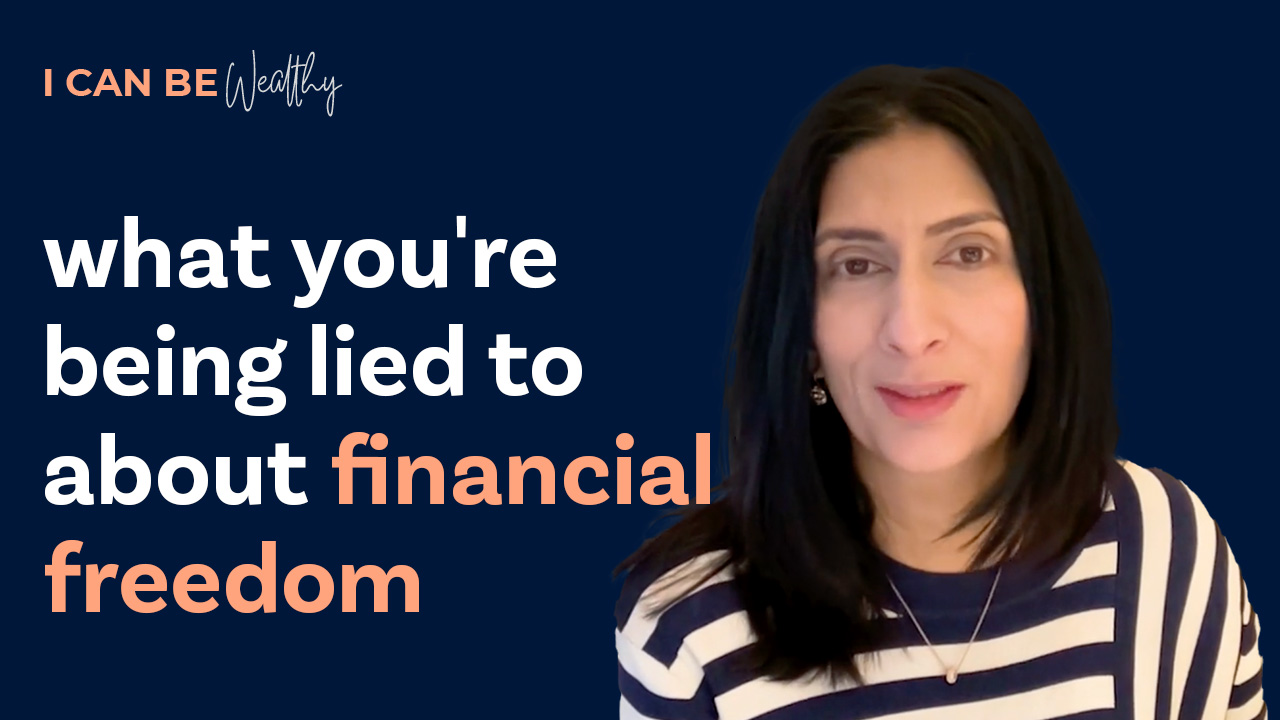In the world of investing, everyone dreams of that magical million-dollar milestone.
But as I journeyed to that mark, I realised it wasn’t just about numbers or quick returns—it was about lessons, some of which came with their fair share of pains and gains.
In this article, I’ll share the five invaluable lessons I’ve learned that transcended beyond mere investing into shaping my outlook towards life and money.
Whether you’re a seasoned investor or just starting, I believe these insights can guide you to not only financial freedom but also a richer, more balanced life.
- Course Correction is Crucial
I’ll be honest – I didn’t come from a background of financial literacy.
Like many, my parents’ generation believed in the simple mantra of “save and hold.”
The idea was to either hand your money over for safekeeping, hoping it’ll multiply by retirement, or to invest and forget.
But my experience taught me that building wealth is more dynamic. It’s not about setting a course and ignoring it.
It’s about actively reviewing what’s working and making changes as needed.
As Tony Robbins wisely said, “In life, you either need inspiration or desperation.”
For us, it was a mix of both. We’d often oscillate between the thrill of a successful investment and the sting of a setback.
Through it all, the goal was always clarity: understanding our objectives, identifying mistakes, and recalibrating our strategies.
Kan resonated with this, drawing parallels with the Japanese concept of *kaizen* – continuous incremental improvement.
It reminded me of the misconception that building wealth is a smooth, upward trajectory. In reality, it’s a path filled with divots and climbs.
- The Value of ‘Cheap’ Lessons
When I talk about “cheap lessons,” I’m referring to the wisdom you can gain without paying the price of personal experience.
For the longest time, I was convinced that I needed to learn everything the hard way. But that was far from the truth.
Some people – mentors, authors, and successful investors – have already made the mistakes and reaped the rewards.
By studying their experiences, we can bypass some of the pitfalls and benefit from their insights.
The key is discernment, understanding what’s real and merely a shiny distraction.
- Curb Your Appetite to Spend
This was a tough one for me. In my early days, I had the privilege of living in cosmopolitan cities like London and New York.
The allure of high-end experiences and indulgences was everywhere.
But when I returned to Australia, I confronted a harsh reality: money wasn’t as fluid as I’d assumed.
I had to come to terms with a fundamental financial lesson: curbing your appetite to spend.
It’s not about depriving oneself but understanding one’s long-term goals.
When you’re clear about what you want in the future, resisting instant gratifications becomes easier.
Kan likened this to a weight loss journey. Without a clear understanding of the end goal and the steps to get there, making sacrifices feels much harder.
- Seek Balance in Your Investing Journey
In my early days of investing, I found myself often swayed by the multitude of voices around me, each advocating for different types of investments and promising lucrative returns.
Many of these voices, I later realised, didn’t necessarily have the results I desired but were on their journey, just like me.
One common piece of advice I received was to pursue blue-chip properties, which seemed like a safe bet.
However, with my modest income at the time, following this strategy was not only stressful but also impractical.
The metaphor I’d use is like trying to climb out of a deep, slippery well.
If you’re carrying boulders (or, in this case, financial stress) on your back, the climb only becomes more challenging.
The Real Cost of Imbalance
A vivid example of this imbalance was an investment property my husband, John, and I bought in Melbourne, intending to develop it.
The initial projections showed a beautiful picture: a substantial profit at the end of 12 to 18 months.
The reality, however, was starkly different. The development took four and a half years, primarily because we underestimated the costs involved at each stage.
Yes, we made a profit in the end, but the financial strain and emotional stress we endured were enormous.
We were constantly under the pump, and the journey was anything but comfortable.
- Select One Interim Goal at A Time
Another crucial lesson was the importance of focusing on one interim goal at a time.
In the frenzy to achieve everything simultaneously – saving, buying, investing – I found that I was diluting the impact of my efforts.
It was akin to trying to play multiple games of chess at once.
Sometimes painfully, I learned to become more strategic and focus on the “next best move” in my wealth-building journey.
This approach, emphasising focus and patience, was brilliantly illustrated by Alex Hormozi, who used the metaphor of water (representing time and focus) being poured into several cups (representing different goals).
Spreading yourself too thin means you can’t give your full attention to any single endeavour.
Wealth Building: A Mindset, Not Just a Strategy
Wealth building is not just about finding that one killer deal or mastering technical investment skills.
Genuine wealth-building involves a significant component of emotional intelligence and mindset management.
It’s about understanding your motivations, avoiding shiny objects’ allure, and being patient as you work toward your goals one step at a time.
In conclusion, while the path to wealth may not be linear and the same for everyone, certain principles hold true.
Balance, comfort, strategic thinking, patience, and a strong internal filter to determine what’s right for you are not just strategies but essential life skills that you develop and refine on your journey to financial freedom and beyond.









